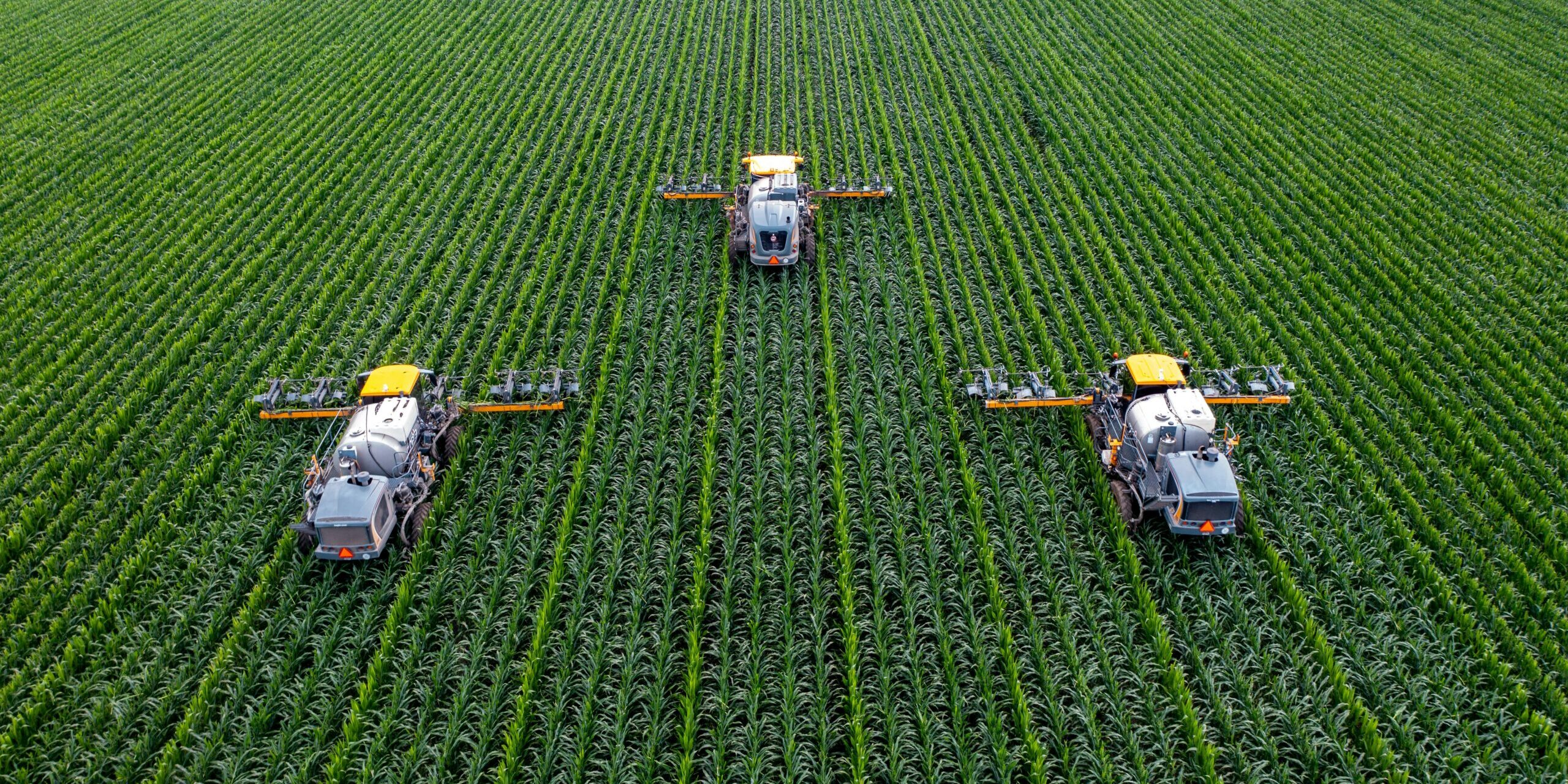The agriculture supply chain management market is projected to grow from $358.62 million in 2022 to $954 million by 2032, at a compound annual growth rate (CAGR) of 10.1%, according to a new report.
The agriculture supply chain management sector includes organizations involved in the production and distribution of agricultural products such as vegetables, fruits, cereals, pulses, and animal-based products. Typically, this supply chain involves three steps: from farmers to intermediate silos, from silos to transformation plants, and from transformation plants to clients. However, this supply chain faces challenges including smallholder dominance, fragmentation, lack of economies of scale, low processing levels, and inadequate marketing infrastructure. The adoption of technologies like blockchain and the integration of transportation management software (TMS) can address these challenges, enhancing overall efficiency.
The market has seen significant growth due to increased demand for agricultural products and innovative techniques. Companies have formed partnerships, made investments, and launched new products to expand their market share and geographical presence. For example, a recent collaboration aimed to integrate blockchain technologies into agricultural products, empowering farmers to manage finances and track supply chain variables efficiently.
Another partnership focused on improving agricultural practices in northwest Nigeria, providing digital tools and cloud platforms to 450,000 farmers for digital identification, supply chain traceability, and payment systems. This initiative aimed to transform agricultural practices, improve living conditions, and enhance food security.
Factors driving the growth of the agriculture supply chain management market include the rising need for demand management solutions, increased use of cloud-based SCM software, and the necessity for improved supply chain visibility. However, the high cost of implementation and maintenance of SCM solutions and regulatory uncertainties pose challenges. Despite these obstacles, urbanization, globalization, and blockchain integration present opportunities for market growth.
The COVID-19 pandemic had a significant impact on the agriculture supply chain management market, causing disruptions due to supply shortages, transportation issues, labor shortages, and fluctuating prices. The pandemic also affected global trade, leading to negative impacts on the market. However, companies are taking steps to mitigate these effects and are expected to focus on advanced planning, end-to-end stock visibility, supplier monitoring, and process automation post-pandemic, driving demand for SCM software in the future.
#ICTTMNews #BreakingNews #SupplyChainNews #AgricultureMarket #EconomicGrowth #TechIntegration #GlobalTrade







